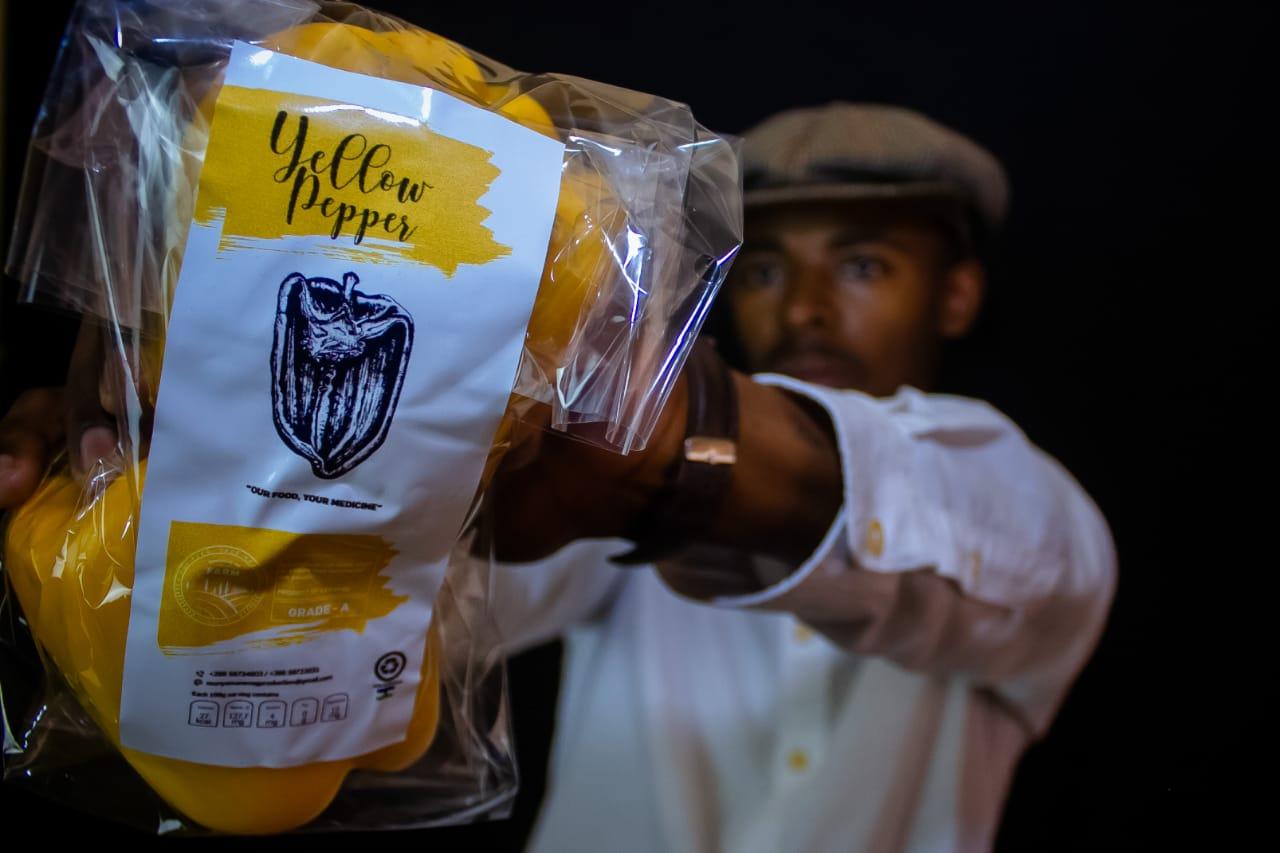Africa-Press – Lesotho. IF we go by the labels that society routinely slaps on young people, Bokang Monyamane should not be earning a living from agriculture. In addition to being young, he holds a Masters degree.
But times have changed. So, the next time you buy lettuce from one of the local supermarkets, it is likely to be from the small piece of land owned by Monyamane and his family.
“Ours is a family agribusiness based in Morija,” the proud Monyamane said.
“It is me, my wife, my brother and both of our parents in the business.
” Just this season, Monyamane and his family have produced 1 200 heads of lettuce.
“More is coming as we aim for growth in the agribusiness,” he said.
The Monyamane family seeks to change the farming business in Lesotho. Monyamane has been a farmer since he could walk on his own. He was hardly five when his mother introduced him to agriculture.
“I still remember I already had a watering can and a digging fork by then,” says Monyamane, who holds a Masters Degree from Limkokwing University of Creative Technology (LUCT).
“In fact, our peers used to joke about how hard we worked in our family.
” Then there was his grandmother.
“She used to give me all kinds of seeds to grow flowers.
“She would say, this is flower so and so, this is a seed for this and that, it will help you with one or two.
Even today I have up to 30 different flowers where I live, I just love them. ” Monyamanes have a relatively huge yard at their home. JThey used to grow so many vegetables that they would supply boarding schools and restaurants in the area.
But farming was just their hobby until they heard of the Small Agricultural Development Programme (SADP) in 2018. SADP is a government of Lesotho project that seeks to increase agricultural market opportunities and market-oriented smallholder production.
In addition to helping farmers with project management, the project also aims to identify commercially viable activities that can be replicated and successfully scaled up.
The family applied for funding but could not get it. One thing about farmers is that they are extremely patient. As one wise man would have put it, “life on a farm is a school of patience; you can’t hurry the crops or make an ox in two days”.
The family decided to try again and their patience paid off. Then, the work began. With additional resources from their savings, they sunk a borehole, bought a shade-net and poles and hired labour.
They even attended cropping classes. In 2020 they grew lettuce as well as red, yellow and green pepper. This year, they focused exclusively on lettuce and they are supplying Enrich Stores, Pick ‘n Pay and a host of restaurants around Maseru.
Monyamane has wise words for young people who might want to venture into agriculture. Here are his four rules: Rule 1: Agriculture is not (necessarily) Agri-Business.
We have done agriculture since the times of Moshoeshoe and beyond. However, in agribusiness, we need to create business structures if we are to sell. Don’t be a jack of all trades.
For instance, as a director I oversee the whole business, my wife does finances and branding, my brother is into graphics, designs and packaging while our parents manage the crops.
Everyone knows their roles. Rule 2: If you don’t know whom you are going to sell to, don’t put seeds in the ground, otherwise you will end up complaining about the lack of markets.
More often than not, it is not the lack of markets as it is the lack of an analysis of the markets. Before you grow anything ask yourself who would buy the product.
Whenever possible, make a deal with the potential buyer before you even plant a single seed. Rule 3: Brand “wants” not “needs”. We don’t need to package everything.
We don’t need to brand everything. I have to spend money branding my lettuce because it is a want, not a need. But would I need to brand my maize? Maybe not.
Rule 4: Don’t expect profits at the first trial. Pyramid schemes may be there for those who want (but rarely ever get) quick returns. In real business, it may take many years to make a profit.
For More News And Analysis About Lesotho Follow Africa-Press






